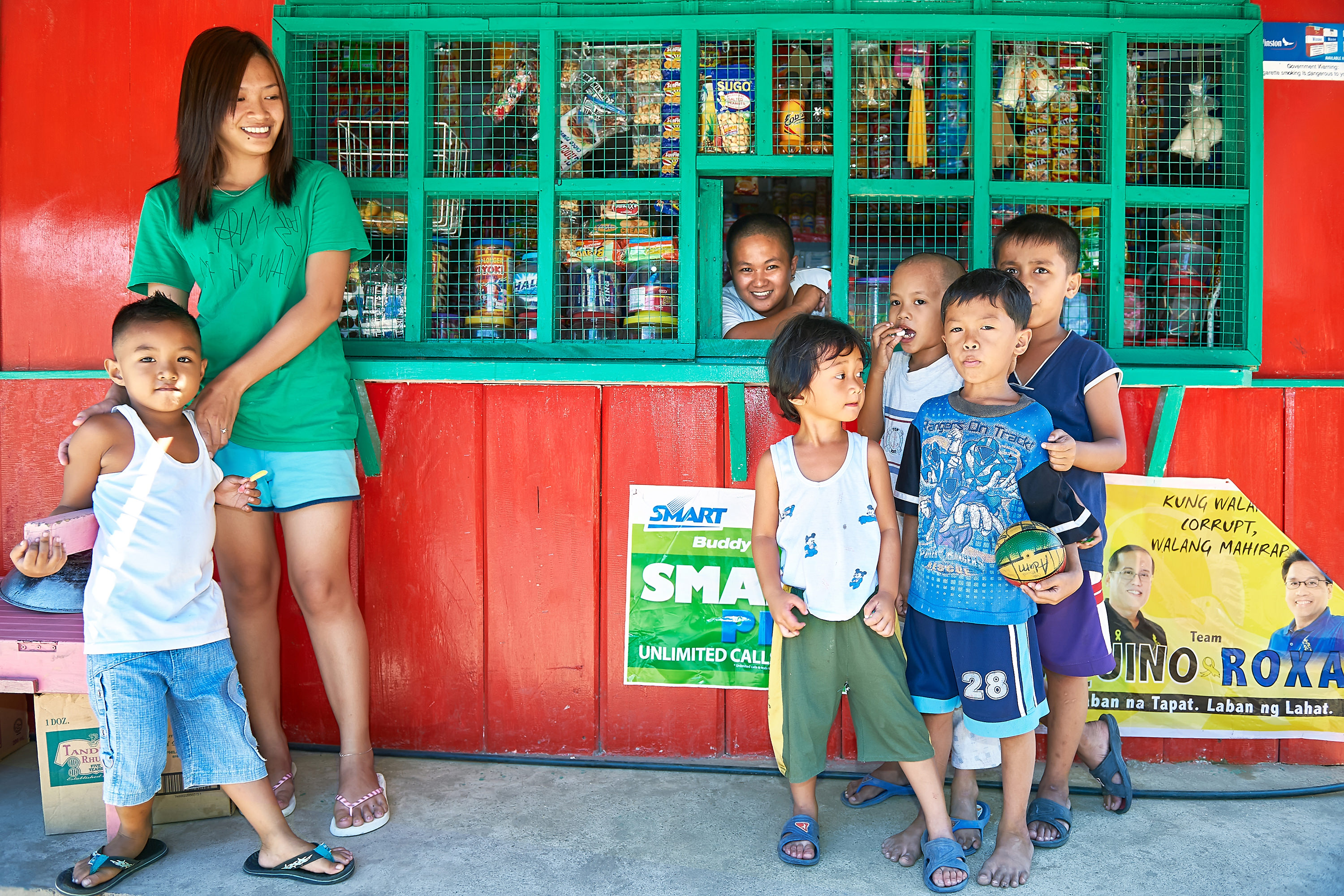The study seeks to support the Philippine COVID‐19 response by quantifying the role of international migrant remittances in helping households cope with the pandemic’s economic consequences. Remittances are known to provide important support for migrant‐origin households experiencing negative shocks. Little is known about whether migrants who are themselves experiencing negative shocks are able to provide such support. This is a crucial current issue, as the COVID‐19 crisis causes migrants to suffer substantial losses in income themselves, making them much less able to help family members back home. In prior crises, such as the Great Recession of 2008‐09, remittances did not decline overall. But the current COVID crisis will be a much more severe downturn: The World Bank (2020) forecasts that remittances to developing countries will decline 20% in 2020 relative to prior years, driven by reductions in wages and employment of migrant workers.
The research team intends to conduct surveys of an existing study sample of 2,000 Filipino workers in Dubai, United Arab Emirates (UAE) and their origin‐households in the Philippines to answer the following questions:
- Risk‐coping role of remittances: How do migrant remittances respond to COVID‐19‐induced negative shocks in migrant‐origin households
- Impact of migrant shocks on risk‐coping: Is the risk‐coping role of remittances (empirical relationship #1 above) attenuated when migrants themselves experience COVID‐19‐induced negative shocks?
- Impact of labeled remittances: How does having an ability to label remittances with the migrant’s intended use affect the risk‐coping role of remittances, and the impact of migrant shocks on risk coping (empirical relationships #1 and #2 above)?
This project has a strong gender component, contributing to G2LM|LIC objectives. 74% of our migrant study participants are female, working as domestic helpers and in-service industries. The study will disaggregate our results by gender so as to reveal responses specific to women. Migrant workers in general, and female migrants in particular, are widely understood to be vulnerable groups, with often poor working conditions and high experience of abuses and exploitation in the workplace.
